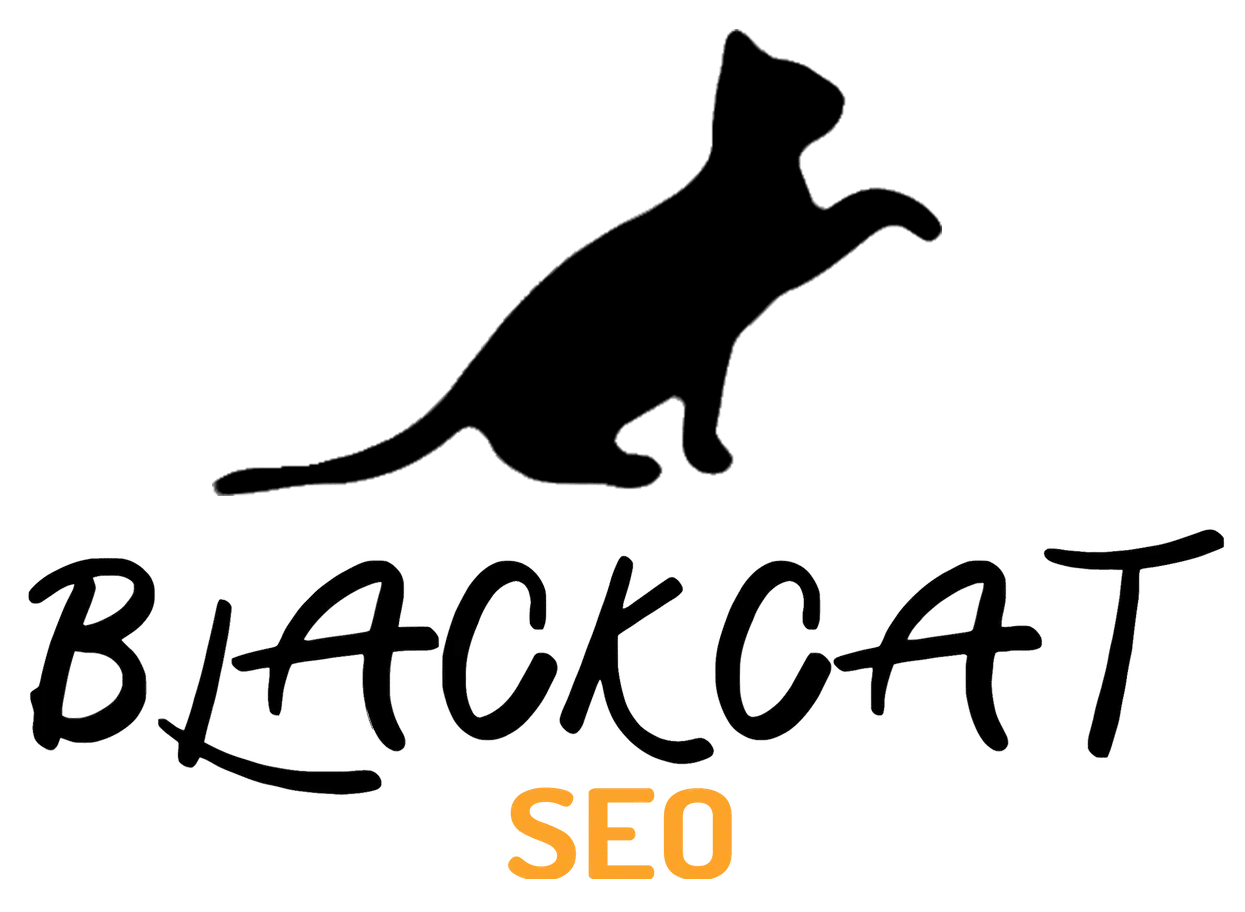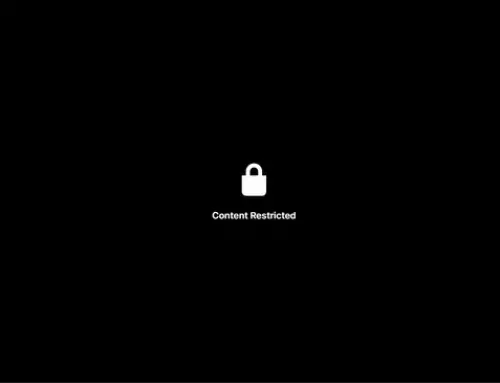For us, Quebecers or professionals from various backgrounds, and working on the Quebec territory, we are subject to very specific rules. The legal aspect of our linguistic particularities is reflected, of course, even in our businesses, especially when it comes to web marketing.
Adapting SEO to Quebec’s unique language protection and consumer laws requires a thorough understanding of local regulations and a well-thought-out content strategy. In this article, we’ll explore the major challenges associated with this task and introduce best practices for complying with requirements while optimizing online content.
Challenges related to the protection of the French language: The Charter of the French Language (Bill 101):
Introduced in 1977, the main objective of this law is the francization of public and professional space. At the heart of these standards, the adaptation of SEO to Quebec’s specific legislation on language protection and consumption plays a major role. This adaptation cannot be effective without a nuanced understanding of the regulations in force and the implementation of a thoughtful and targeted content strategy. Thus, in this context, it becomes imperative to skilfully navigate through the major challenges of harmonizing online content with the guidelines stipulated by Law 101 and other similar regulations, while focusing on quality translation that avoids the pitfalls of machine translation errors, thus preserving the integrity of the content and ensuring an optimal user experience.

Quality translation:
Using machine translations presents a significant risk of introducing errors that are potentially detrimental to both content quality and search engine optimization (SEO). In addition, inadequate translation can confuse consumers, compromising your brand’s reputation and trustworthiness. It is therefore essential to prioritize accurate and culturally appropriate translations to maintain fluid and authentic communication.
Challenges associated with safeguarding consumer rights:
Fair and transparent advertising: The Competition Bureau is the guardian of truthfulness and transparency in advertising, ensuring that consumers are not misled by misleading information. In this sense, each element of optimized content must be developed with meticulous precision, taking care to promote total transparency, in order to avoid any disappointment or misunderstanding on the part of consumers.
Compliance with legal standards for online offers: In order to avoid controversy and litigation, it is imperative that all offers, promotions, and benefits advertised are explicitly articulated and presented in French, in strict compliance with current regulations. This not only facilitates a clear understanding on the part of consumers but also underlines a deep respect for established legal and ethical standards, thus ensuring fair and equitable business practice.

Best practices:
- Professional translation: Invest in professional translators to ensure French content is of high quality and culturally appropriate.
- Regular audits: Conduct regular audits of your site to ensure compliance with Law 101 and consumer protection regulations.
- Local engagement: Collaborate with local SEO experts who know the nuances and specificities of the Quebec market.
- Bilingual site design: When designing a website, make sure that French is easily accessible, and give users the ability to easily switch languages.
- Clarity and transparency: Make sure that any offers, promotions or advertisements are clearly displayed, easy to understand and not misleading.
- Constant updating: Laws and regulations may change. Stay informed of changes to ensure ongoing compliance.
In conclusion, while the Quebec market presents unique SEO challenges, a thorough understanding of local laws and a well-thought-out content strategy can help businesses succeed in this regulatory environment while delivering quality content to users.









Leave A Comment